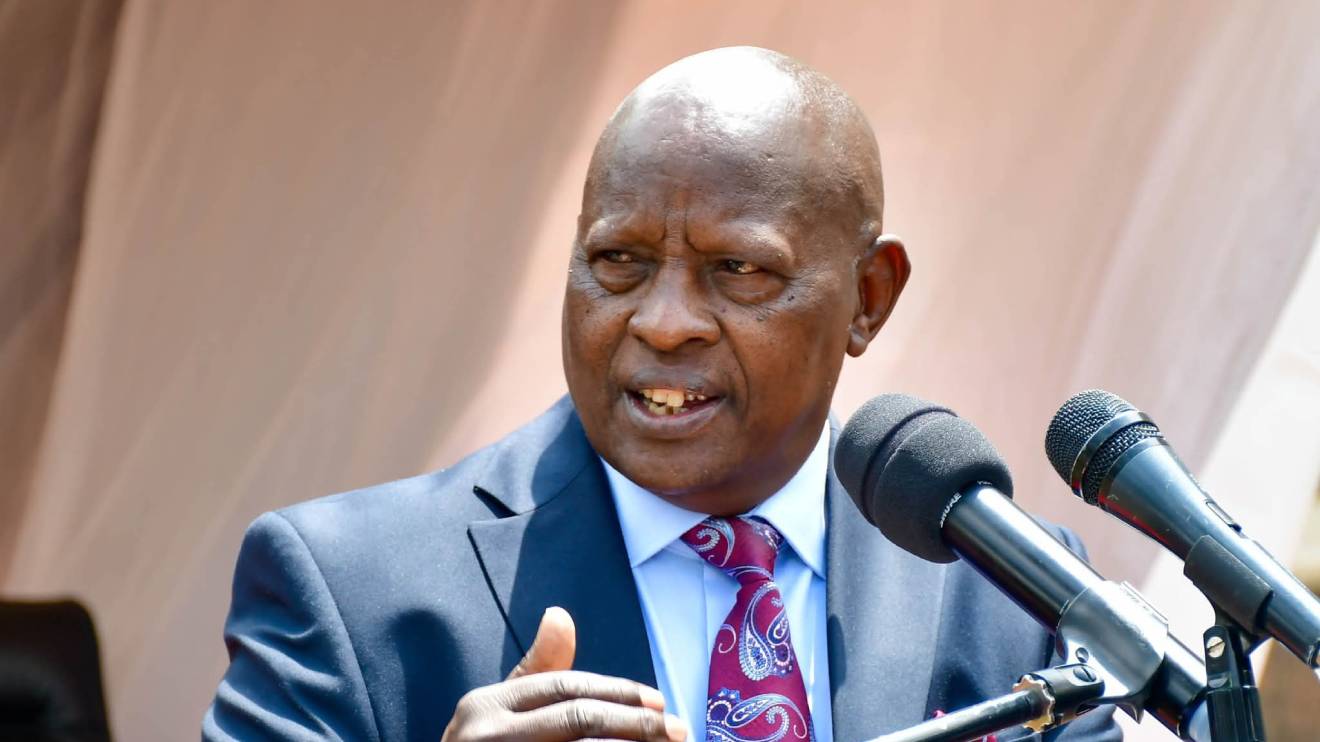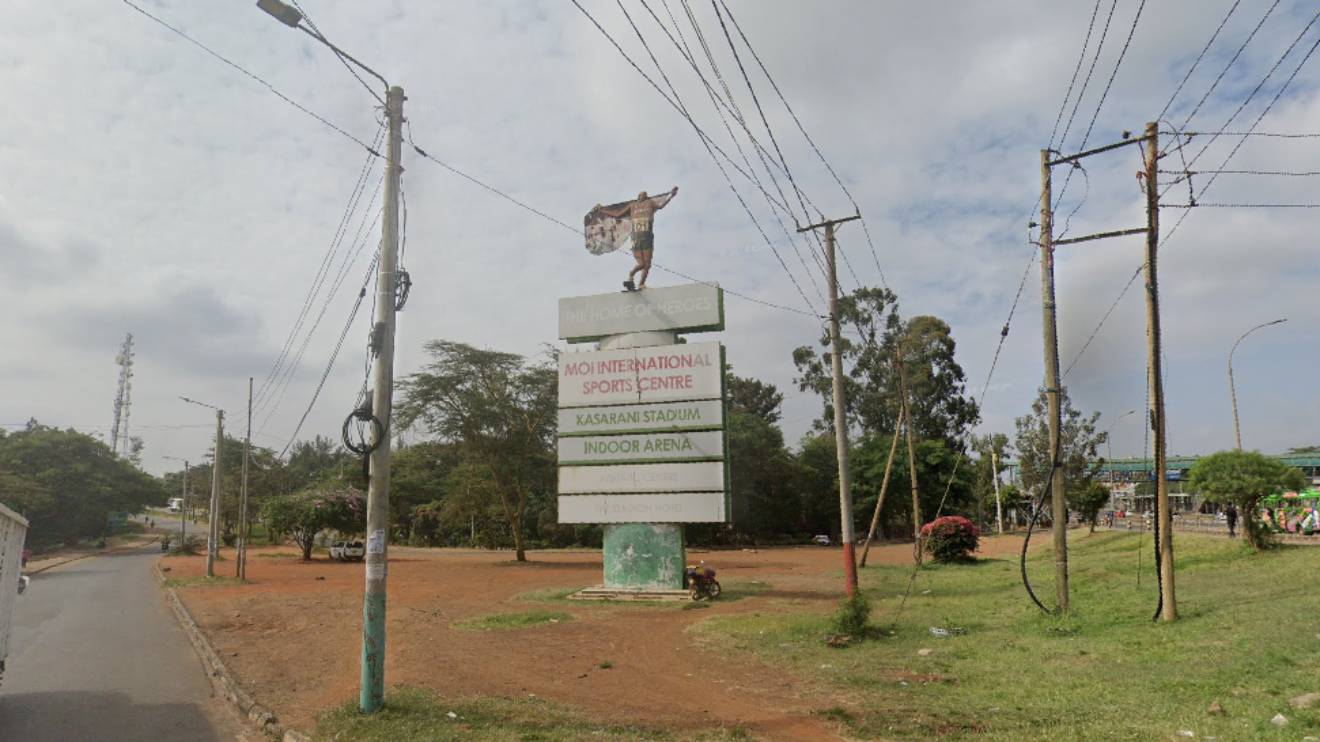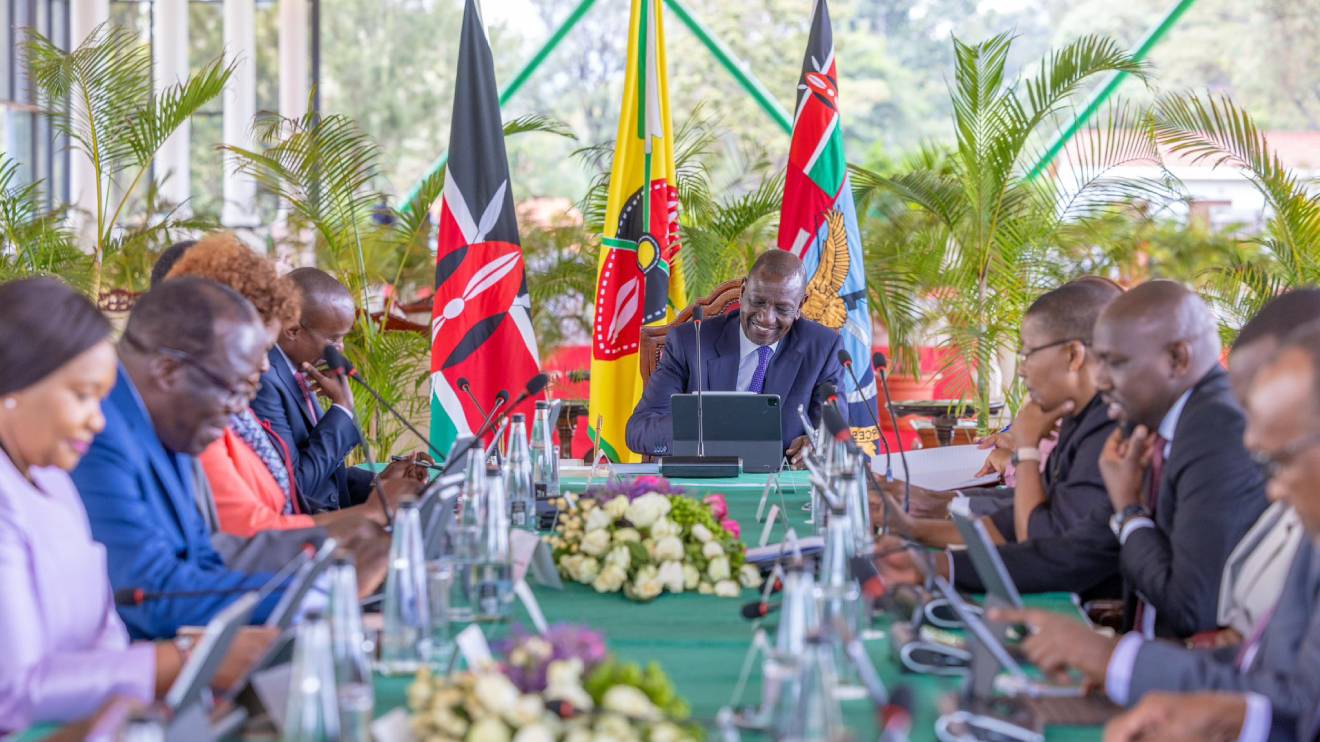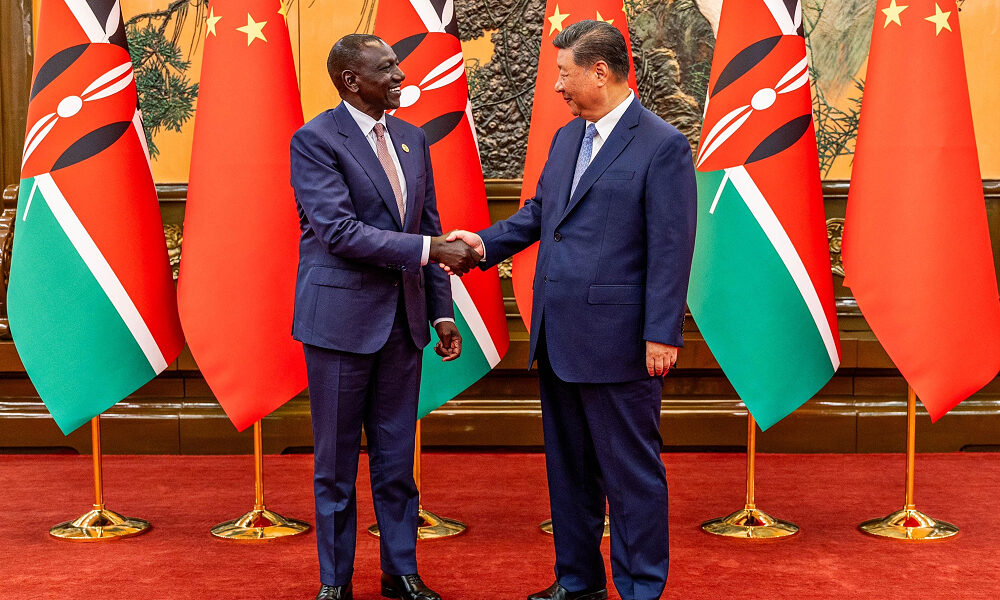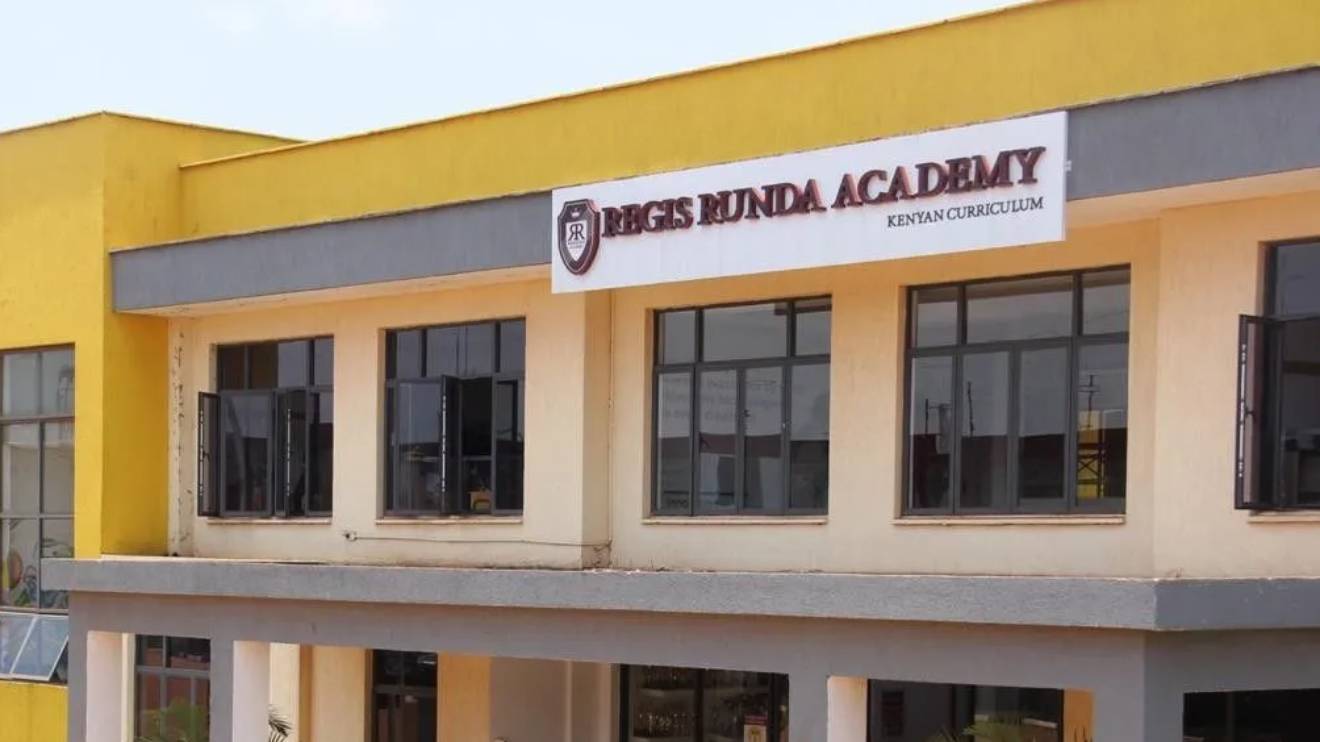Counties across Kenya are grappling with serious service delivery constraints, as delays by the National Treasury in releasing funds continue to cripple operations, according to the Council of Governors.
The Council’s vice chairman and Nyeri Governor, Mutahi Kahiga, has warned that despite a declared allocation of Sh410 billion to counties in the 2025/26 budget, not a single cent has reached the devolved units.
“As we talk now the system of disbursing money to us has been locked due to changes being effected by Treasury. So I want to tell Kenyans not to expect much from us in terms of service delivery,” he said.
Kahiga was speaking during the signing of performance contracts involving county departments and five local water companies.
His remarks laid bare the mounting frustrations among governors, who are increasingly finding themselves unable to meet basic obligations to their constituents.
Read More
The stalemate, which has become a recurring tension point between the national and county governments, has not only strained service delivery but also forced counties into drastic austerity measures.
“Currently as a government, we have instituted cost cutting measures such as turning all our employees on contract to permanent and pensionable this will save us paying more in terms of gratuity when they exit from service, still we are introducing fuel cards for our vehicles once the card is exhausted we have no alternative but to ground the vehicle,” Kahiga said.
He insisted that the constitutional promise of devolution can only be realised if the National Government upholds its financial obligations, particularly the commitment to allocate counties no less than 15 per cent of the country’s Gross Domestic Product.
“If the government wants counties to perform, they must allocate us what is due to us. This will ensure we perform as envisaged through devolution,” he added.
The row over funding disbursements has long undercut the spirit of devolved governance.
As governors face mounting pressure from residents, the Treasury’s delay threatens not just operations but the very trust in the system meant to bring services closer to the people.
Unless the current impasse is resolved with urgency, counties risk grinding to a halt, jeopardising critical services in health, water, agriculture, and infrastructure.
The political implications may also intensify, should frustrations among Kenyans over undelivered promises continue to rise.

